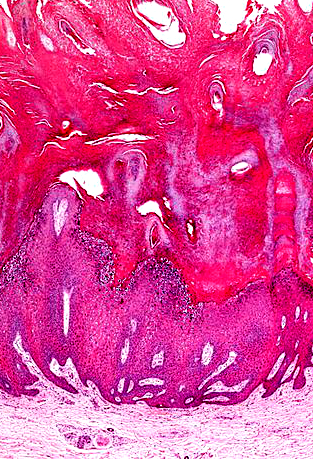Cells switched for three-parent babies
 Researchers are working out how to create three-parent babies.
Researchers are working out how to create three-parent babies.
Most DNA is inherited from the nucleus of the mother’s egg and father’s sperm (nDNA), but mitochondrial DNA (mtDNA) is inherited directly from the mother.
Mutations in mtDNA are associated with various debilitating and fatal diseases (such as Leber’s hereditary optic neuropathy), but labs around the world are working on ways to prevent mutated mtDNA from being passed on.
One way to do this is called the pronuclear transfer (PNT) technique, wherein the the still separate nDNA of the egg and the sperm from a fertilised egg — pronuclei — are transplanted into a donor egg (the third parent) that contains healthy mtDNA but whose pronuclei have been removed.
In the latest advancement, researcher Mary Herbert and colleagues have found that PNT can be improved if the pronuclei are transplanted from the mother’s egg to the donor egg earlier in the developmental process.
The best time appears to be shortly after they first appear (after the completion of meiosis), rather than shortly before they disappear (before the first mitotic division).
They have found that this early PNT allows the fertilised egg to develop efficiently to the blastocyst stage (when implantation into the uterus occurs), with no detectable effect on gene expression or incidence of aneuploidy (abnormal number of chromosomes).
They were able to reduce the co-transfer of mtDNA to less than two percent in 79 per cent of blastocysts - a level below the threshold for development of mild or severe disease symptoms, and in most cases below the threshold for mother-to-child transmission in subsequent generations.
These results suggest that early PNT has the potential to reduce the risk of mtDNA disease transmission.
However, the authors also highlight the importance of keeping mtDNA co-transfer to the lowest possible levels, demonstrating the need for continued optimisation and monitoring of mitochondrial replacement techniques for future clinical application.







 Print
Print